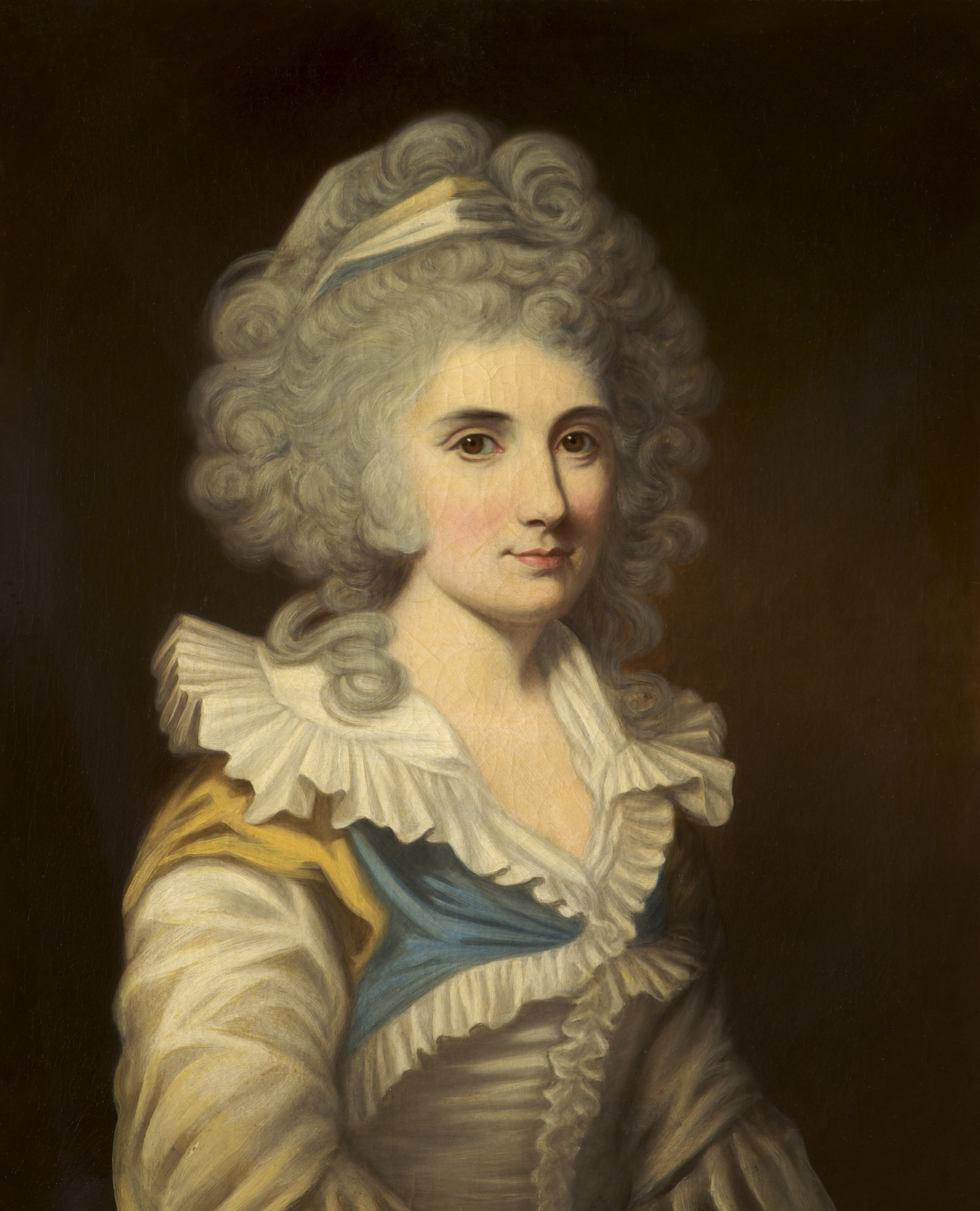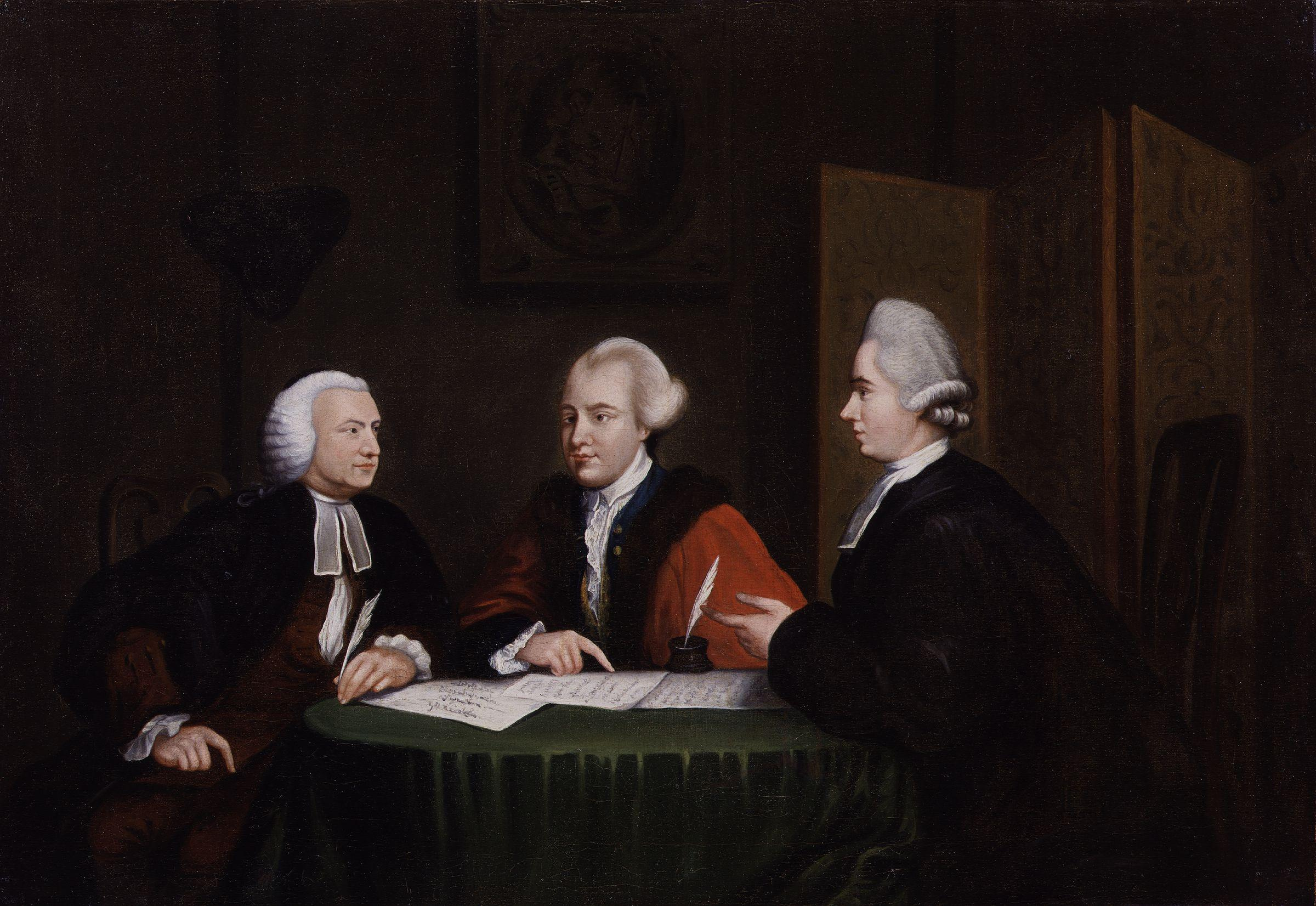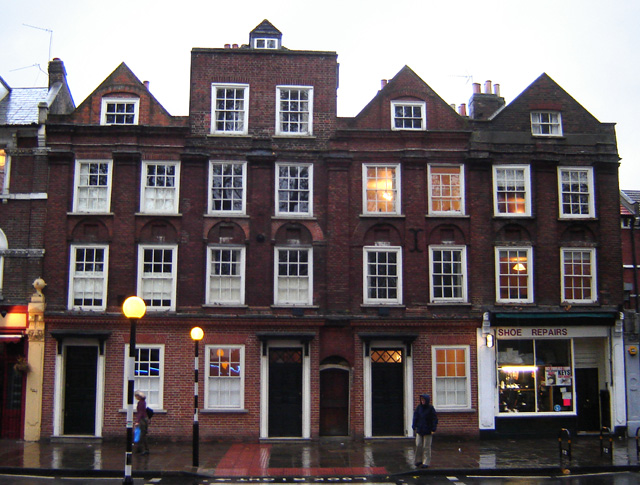|
Jane Greg
Jane "Jenny" Greg (1749 - 1817) in the 1790s was an Irish republican agitator with connections to radical political circles in England. Although the extent of her activities are unclear, in suppressing the Society of United Irishmen the British commander, Gerard Lake, 1st Viscount Lake, General Lake, described Greg as "the most violent creature possible" and as someone who had caused "very great [political] mischief" in her native Belfast. Child of a trans-Atlantic fortune Greg was the second of thirteen children born to Elizabeth (Hyde) (1721-1780) and Thomas Greg of Belfast (1718 – 1796). With his business partner and brother-in-law, Waddell Cunningham, her father commanded one of the greatest mercantile fortunes in Ireland. The son of a Scottish blacksmith, in the 1740s Thomas Greg bought a small ship which carried provisions to the West Indies and returned with flaxseed. Dealings in New York City, New York brought him into contact and partnership with Waddell Cunningham, an ... [...More Info...] [...Related Items...] OR: [Wikipedia] [Google] [Baidu] |
Quarry Bank Mill
Quarry Bank Mill (also known as Styal Mill) in Styal, Cheshire, England, is one of the best preserved textile factories of the Industrial Revolution. Built in 1784, the cotton mill is recorded in the National Heritage List for England as a designated Grade II* listed building. Quarry Bank Mill was established by Samuel Greg, and was notable for innovations both in machinery and also in its approach to labour relations, the latter largely as a result of the work of Greg's wife, Hannah Lightbody. The family took a somewhat paternalistic attitude toward the workers, providing medical care for all and limited education to the children, but all laboured roughly 72 hours per week until 1847 when a new law shortened the hours. Greg also built housing for his workers, in a large community now known as Styal Estate. Some were conversions of farm houses, or older residences but 42 new cottages, including the Oak Cottages (now Grade II Listed), were built in the 1820s when the mi ... [...More Info...] [...Related Items...] OR: [Wikipedia] [Google] [Baidu] |
London Corresponding Society
The London Corresponding Society (LCS) was a federation of local reading and debating clubs that in the decade following the French Revolution agitated for the democratic reform of the British Parliament. In contrast to other reform associations of the period, it drew largely upon working men (artisans, tradesmen, and shopkeepers) and was itself organised on a formal democratic basis. Characterising it as an instrument of French revolutionary subversion, and citing links to the insurrectionist United Irishmen, the government of William Pitt the Younger sought to break the Society, twice charging leading members with complicity in plots to assassinate the King. Measures against the society intensified in the wake of the naval mutinies of 1797, the 1798 Irish Rebellion and growing protest against the continuation of the war with France. In 1799, new legislation suppressed the Society by name, along with the remnants of the United Irishmen and their franchise organisations, ... [...More Info...] [...Related Items...] OR: [Wikipedia] [Google] [Baidu] |
John Horne Tooke
John Horne Tooke (25 June 1736 – 18 March 1812), known as John Horne until 1782 when he added the surname of his friend William Tooke to his own, was an English clergyman, politician, and philologist. Associated with radical proponents of parliamentary reform, he stood trial for treason in November 1794. Early life and work He was the third son of John Horne, of Newport Street, Long Acre, Westminster, a member of the Worshipful Company of Poulters. As a youth at Eton College, he had claimed "that his father was an eminent Turkey merchant" implying that, rather than a dealer in poultry, he traded with the Eastern Mediterranean. Before Eton, he had been at school in Soho Square, in a Kentish village, and from 1744 to 1746 at Westminster School. He was blinded in his right eye during a schoolboy fight. History of Parliament O ... [...More Info...] [...Related Items...] OR: [Wikipedia] [Google] [Baidu] |
Reflections On The Revolution In France
''Reflections on the Revolution in France'' is a political pamphlet written by the Irish statesman Edmund Burke and published in November 1790. It is fundamentally a contrast of the French Revolution to that time with the unwritten British Constitution and, to a significant degree, an argument with British supporters and interpreters of the events in France. One of the best-known intellectual attacks against the French Revolution, ''Reflections'' is a defining tract of modern conservatism as well as an important contribution to international theory. The Norton Anthology of English Literature describes ''Reflections'' as becoming the "most eloquent statement of British conservatism favoring monarchy, aristocracy, property, hereditary succession, and the wisdom of the ages." Above all else, it has been one of the defining efforts of Edmund Burke's transformation of " traditionalism into a self-conscious and fully conceived political philosophy of conservatism". The pamphlet ... [...More Info...] [...Related Items...] OR: [Wikipedia] [Google] [Baidu] |
Edmund Burke
Edmund Burke (; 12 January New Style">NS/nowiki> 1729 – 9 July 1797) was an Anglo-Irish people">Anglo-Irish Politician">statesman, economist, and philosopher. Born in Dublin, Burke served as a member of Parliament (MP) between 1766 and 1794 in the House of Commons of Great Britain with the Whig Party. Burke was a proponent of underpinning virtues with manners in society and of the importance of religious institutions for the moral stability and good of the state. These views were expressed in his ''A Vindication of Natural Society''. He criticised the actions of the British government towards the American colonies, including its taxation policies. Burke also supported the rights of the colonists to resist metropolitan authority, although he opposed the attempt to achieve independence. He is remembered for his support for Catholic emancipation, the impeachment of Warren Hastings from the East India Company, and his staunch opposition to the French Revolution. In his '' R ... [...More Info...] [...Related Items...] OR: [Wikipedia] [Google] [Baidu] |
Roger OConnor Portrait From Chronicle
Roger is a given name, usually masculine, and a surname. The given name is derived from the Old French personal names ' and '. These names are of Germanic origin, derived from the elements ', ''χrōþi'' ("fame", "renown", "honour") and ', ' ("spear", "lance") (Hrōþigēraz). The name was introduced into England by the Normans. In Normandy, the Frankish name had been reinforced by the Old Norse cognate '. The name introduced into England replaced the Old English cognate '. ''Roger'' became a very common given name during the Middle Ages. A variant form of the given name ''Roger'' that is closer to the name's origin is ''Rodger''. Slang and other uses Roger is also a short version of the term "Jolly Roger", which refers to a black flag with a white skull and crossbones, formerly used by sea pirates since as early as 1723. From up to , Roger was slang for the word "penis". In ''Under Milk Wood'', Dylan Thomas writes "jolly, rodgered" suggesting both the sexual double en ... [...More Info...] [...Related Items...] OR: [Wikipedia] [Google] [Baidu] |
Richard Price
Richard Price (23 February 1723 – 19 April 1791) was a British moral philosopher, Nonconformist minister and mathematician. He was also a political reformer, pamphleteer, active in radical, republican, and liberal causes such as the French and American Revolutions. He was well-connected and fostered communication between many people, including Thomas Jefferson, John Adams, George Washington, Mirabeau and the Marquis de Condorcet. According to the historian John Davies, Price was "the greatest Welsh thinker of all time". Born in Llangeinor, near Bridgend, Wales, Price spent most of his adult life as minister of Newington Green Unitarian Church, on the then outskirts of London, England. He edited, published and developed the Bayes–Price theorem and the field of actuarial science. He also wrote on issues of demography and finance, and was a Fellow of the Royal Society. Early life Born on 23 February 1723, Richard Price was the son of Rhys Price, a dissenting minist ... [...More Info...] [...Related Items...] OR: [Wikipedia] [Google] [Baidu] |
Thomas Rogers (MP)
Thomas Rogers (1735–1793) was an English merchant and banker. He served as Member of Parliament for from late 1780 to early 1781. Early life He was the son of Thomas Rogers of Amblecote, Staffordshire, and his wife Martha Knight, daughter of the ironmaster Richard Knight of Downton Hall in Shropshire. He went into commerce working in Cheapside, London, for Daniel Radford of Stoke Newington, in a warehouse of which his father was joint owner with Radford. Amblecote, not far north of Stourbridge, was then a hamlet. Thomas Rogers the elder, who died in 1775, lived there at "The Hill". It was a "spacious brick mansion", "approached by a long and lofty avenue of sycamores". He was in business as a manufacturer of glass. "Glass houses" had been introduced to the Stourbridge area at the beginning of the 17th century by Huguenot families, and Amblecote was an important source of clay suitable for "glass pots" (crucibles). The elder Thomas Rogers was the son of Paul Rogers, a glassmaker ... [...More Info...] [...Related Items...] OR: [Wikipedia] [Google] [Baidu] |
University Of Glasgow
, image = UofG Coat of Arms.png , image_size = 150px , caption = Coat of arms Flag , latin_name = Universitas Glasguensis , motto = la, Via, Veritas, Vita , mottoeng = The Way, The Truth, The Life , established = , type = Public research university Ancient university , endowment = £225.2 million , budget = £809.4 million , rector = Rita Rae, Lady Rae , chancellor = Dame Katherine Grainger , principal = Sir Anton Muscatelli , academic_staff = 4,680 (2020) , administrative_staff = 4,003 , students = () , undergrad = () , postgrad = () , city = Glasgow , country = Scotland, UK , colours = , website = , logo ... [...More Info...] [...Related Items...] OR: [Wikipedia] [Google] [Baidu] |
Unitarianism
Unitarianism (from Latin ''unitas'' "unity, oneness", from ''unus'' "one") is a nontrinitarian branch of Christian theology. Most other branches of Christianity and the major Churches accept the doctrine of the Trinity which states that there is one God who exists in three coequal, coeternal, consubstantial divine persons: God the Father, God the Son ( Jesus Christ) and God the Holy Spirit. Unitarian Christians believe that Jesus was inspired by God in his moral teachings and that he is a savior, but not God himself. Unitarianism was established in order to restore " primitive Christianity before hat Unitarians saw aslater corruptions setting in"; Unitarians generally reject the doctrine of original sin. The churchmanship of Unitarianism may include liberal denominations or Unitarian Christian denominations that are more conservative, with the latter being known as biblical Unitarians. The movement is proximate to the radical reformation, beginning almost simultane ... [...More Info...] [...Related Items...] OR: [Wikipedia] [Google] [Baidu] |
Hannah Greg
Hannah Greg ( Lightbody; 1766 – 1828), with her husband Samuel Greg, was the architect of a paternalistic industrial community in the north of England, a prominent Unitarian and significant diarist. While her husband Samuel Greg pioneered new ways of running a cloth mill, she supervised the housing and conditions of the employees, including the education of the child workers. The Gregs, despite family connections to the slave trade, were considered enlightened employers for the time, and though in the 1830s the apprentice system was questioned, Quarry Bank Mill maintained it until her death. Early life and education Lightbody was born in 1766, she was the daughter of a wealthy Unitarian Liverpool merchant, Adam Lightbody (1729–1778), and Elizabeth Tylston (1735–1801), who came from a prominent dissenting family. Elizabeth's grandfather was John Tylston, the "good doctor of Chester", who married a daughter of Philip Henry, the ejected preacher, and thus Elizabeth had m ... [...More Info...] [...Related Items...] OR: [Wikipedia] [Google] [Baidu] |

.jpg)




